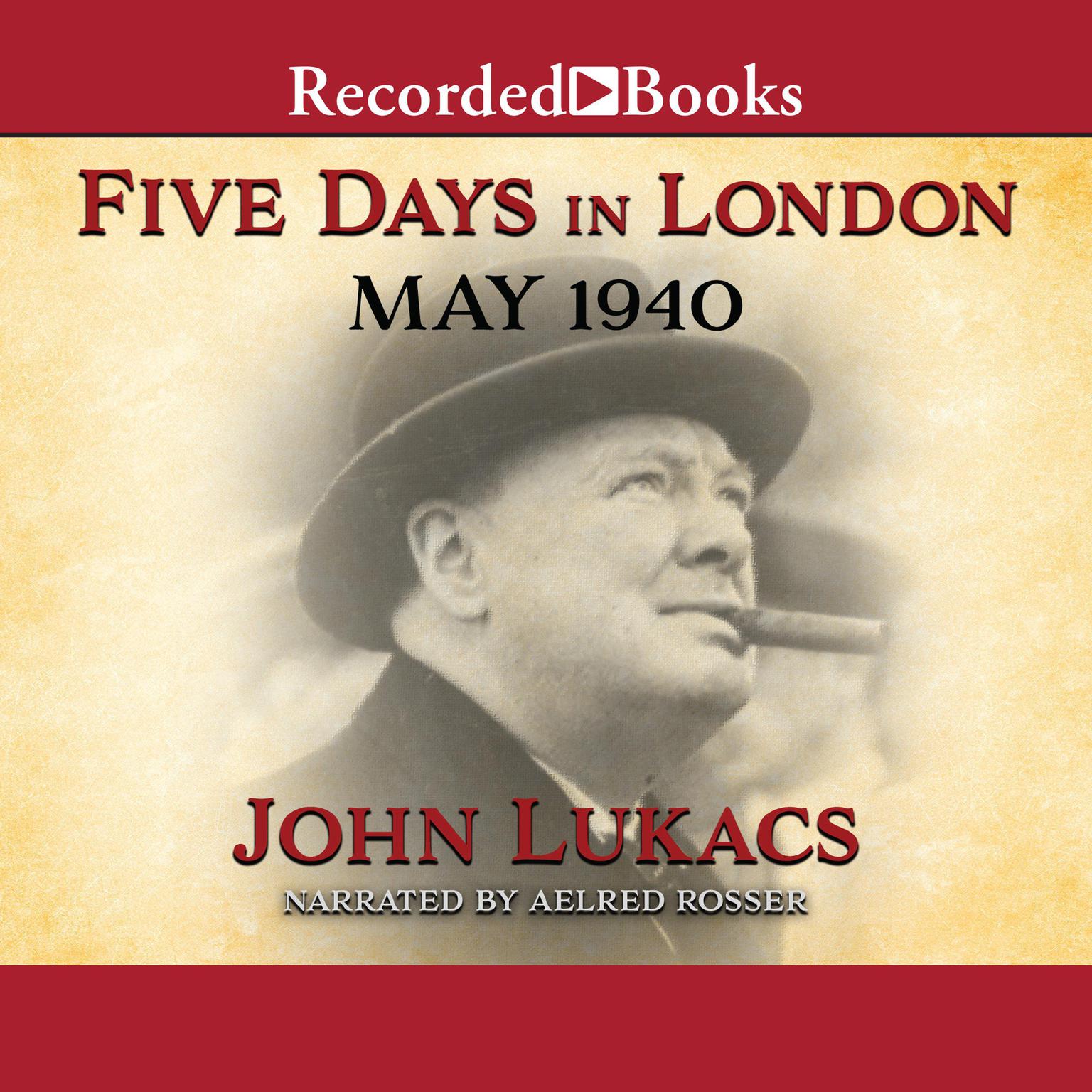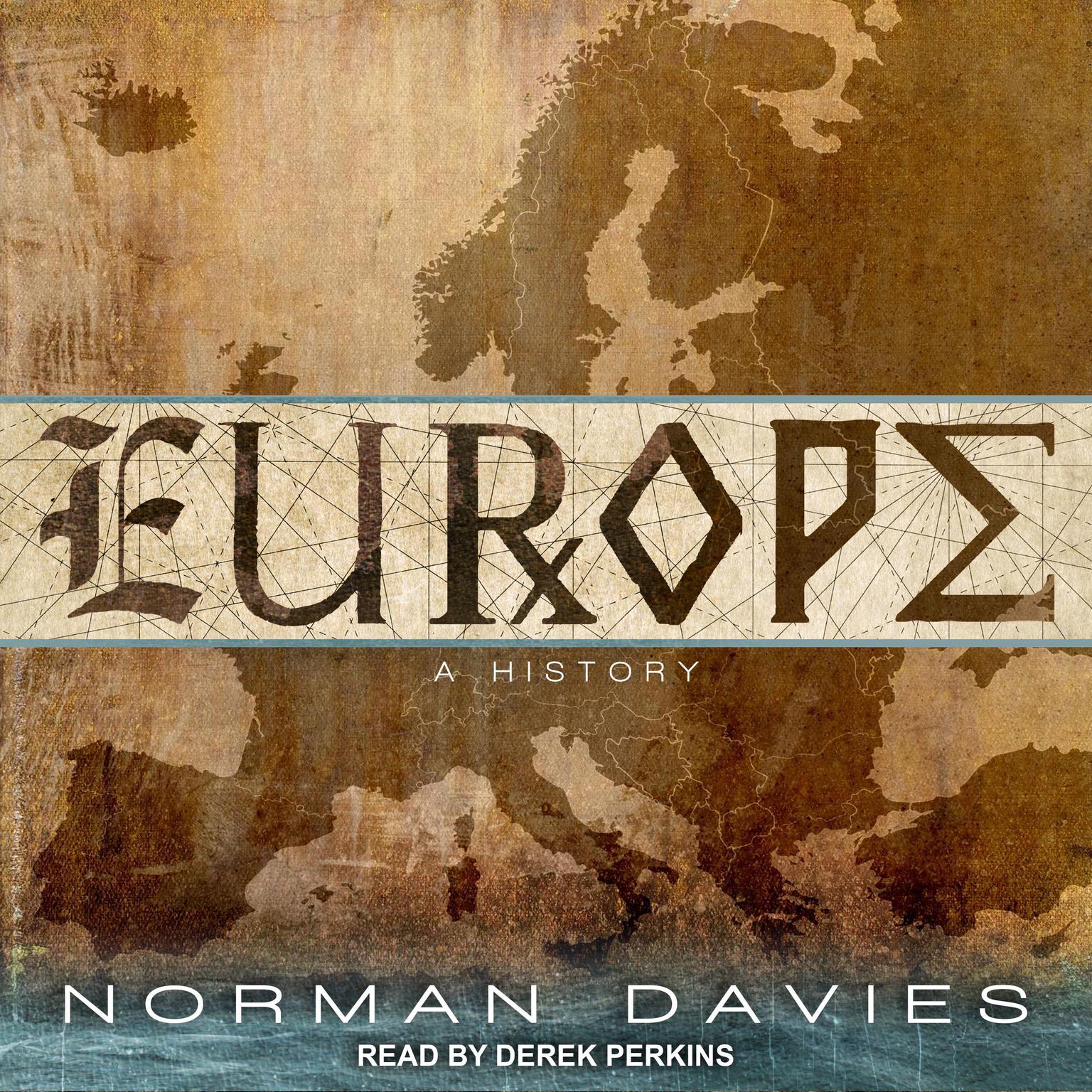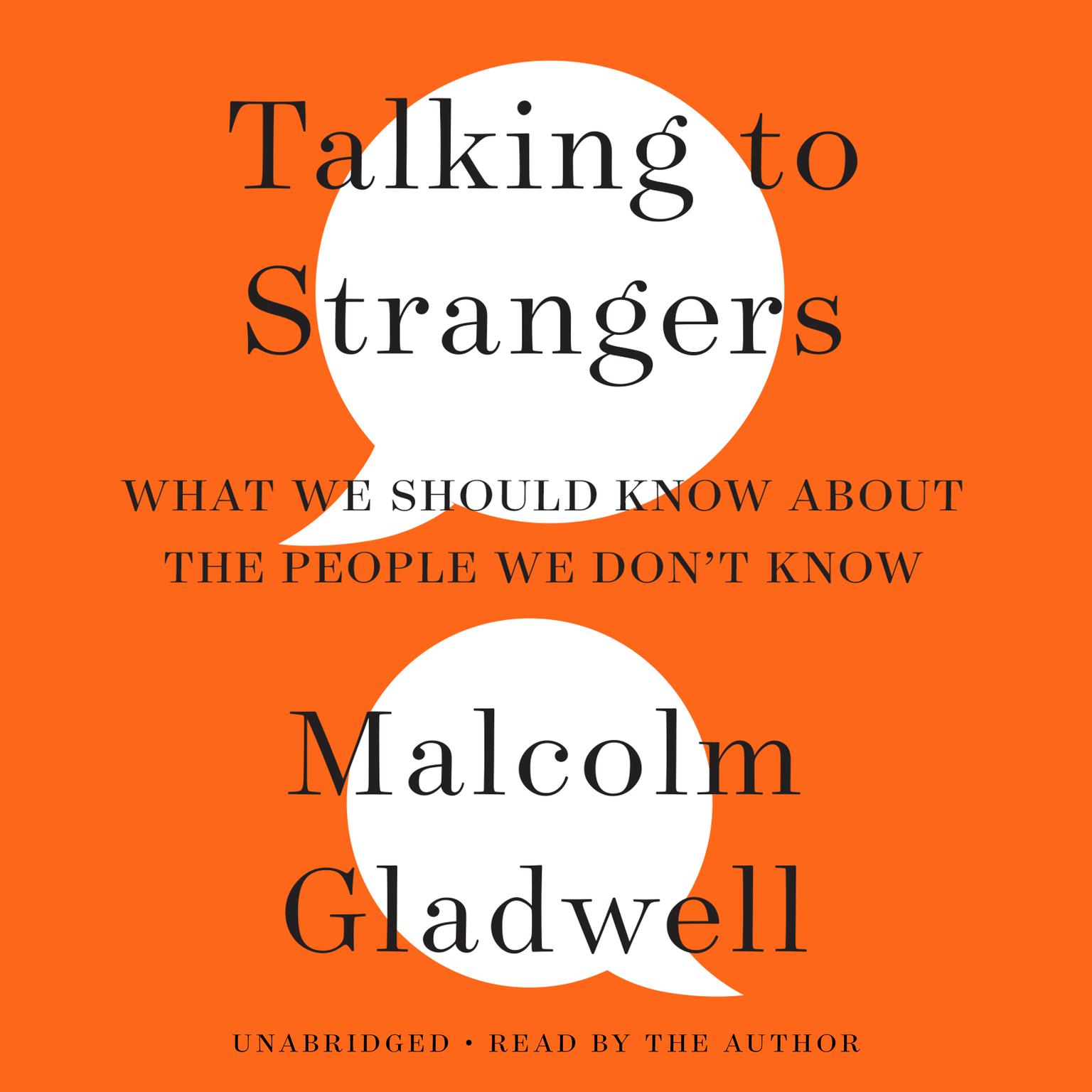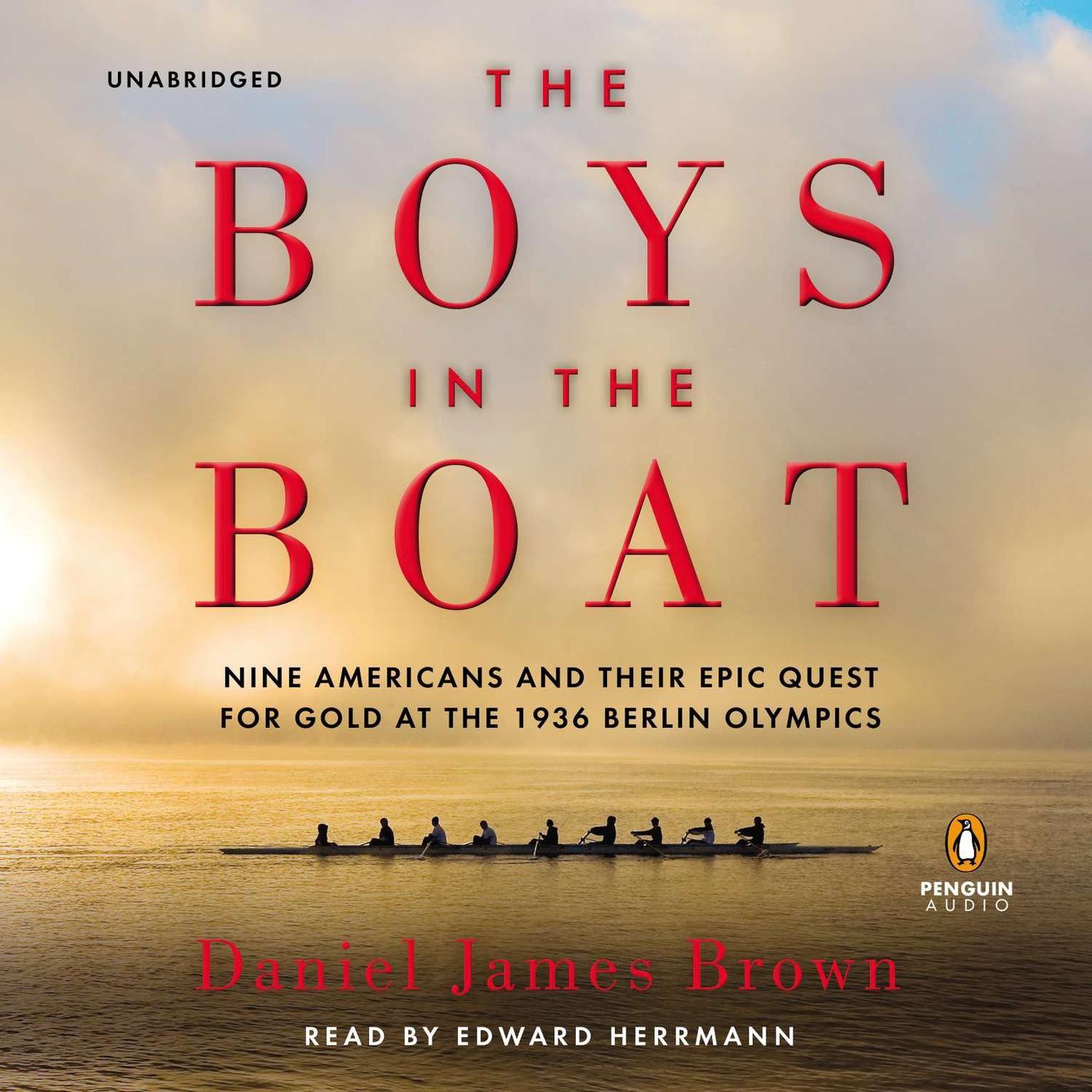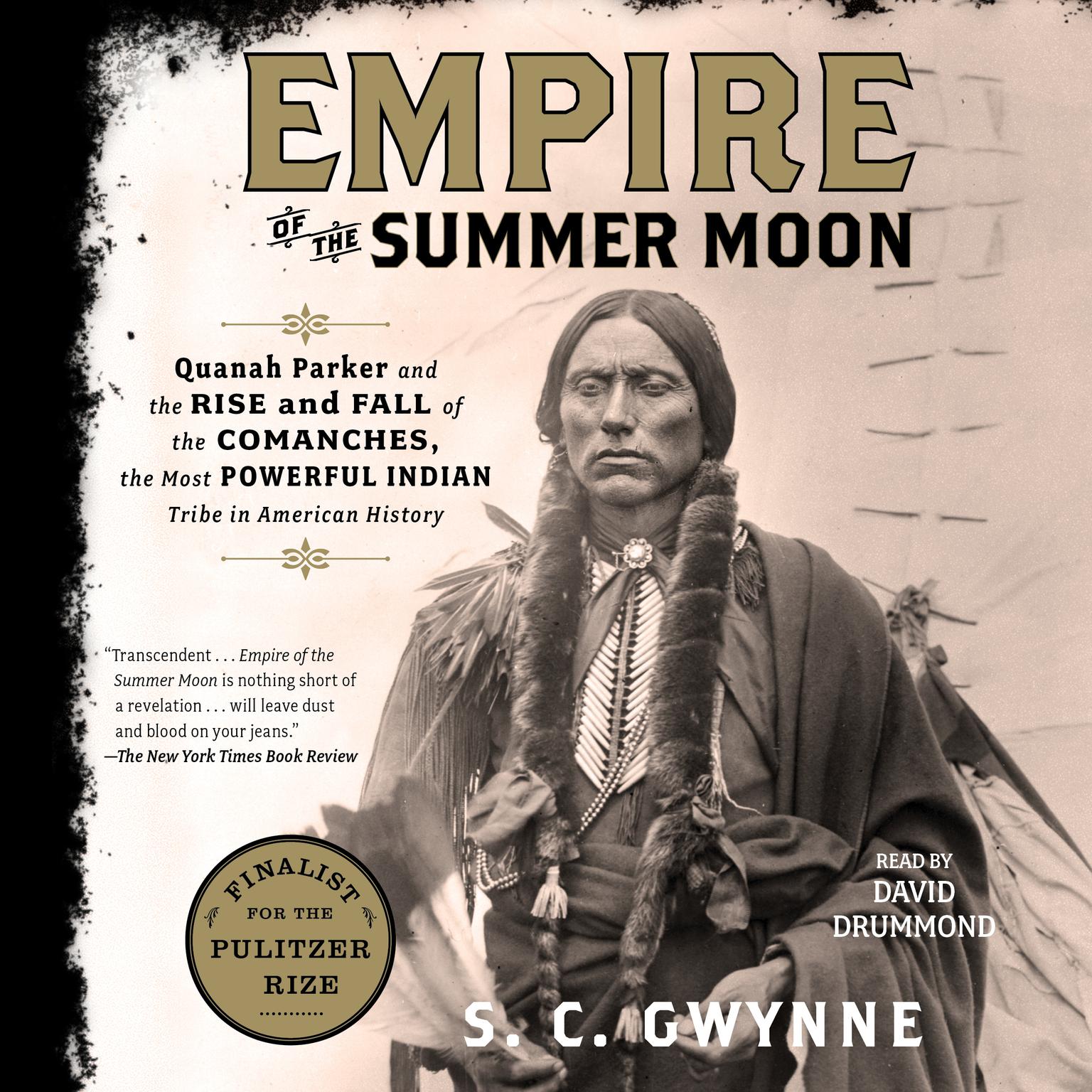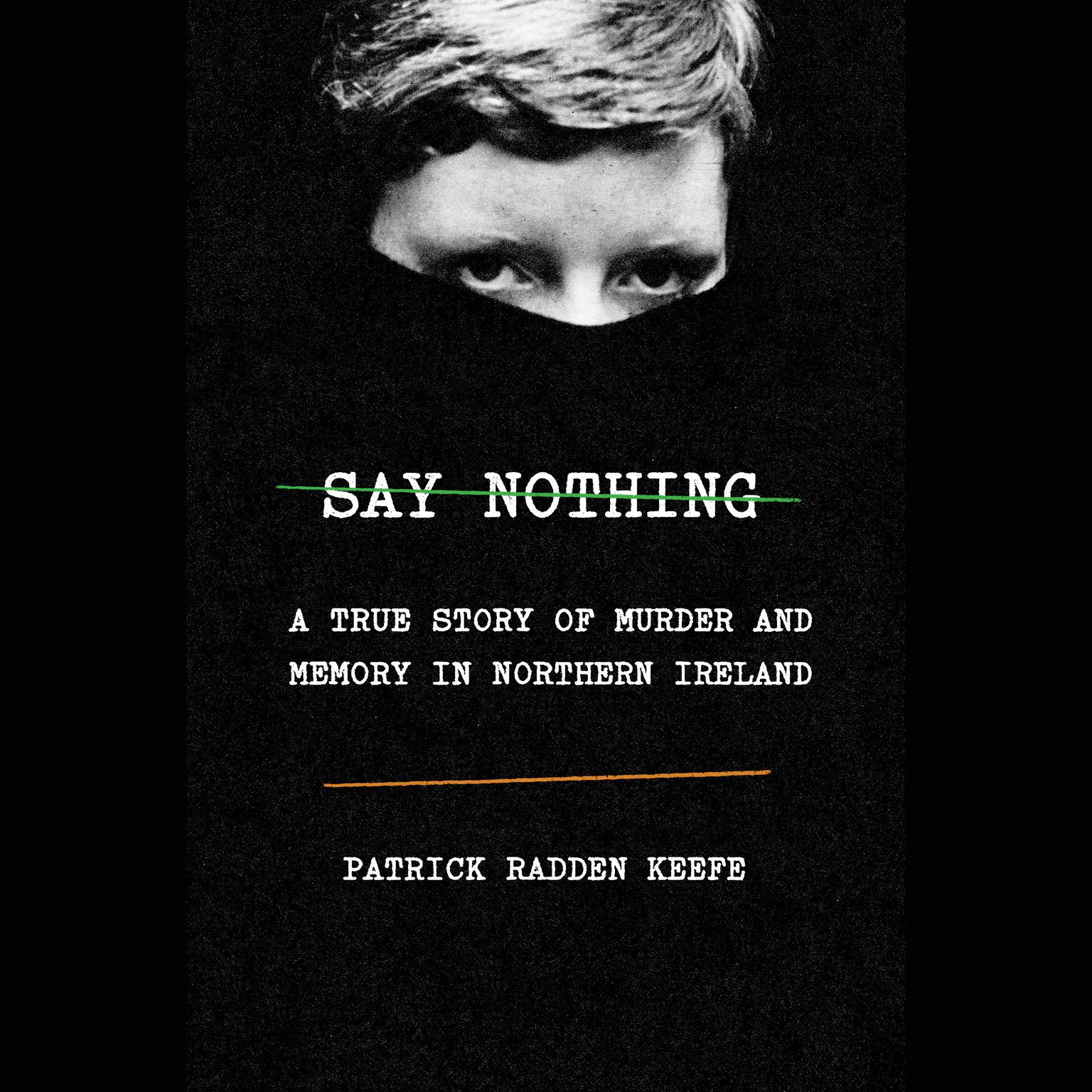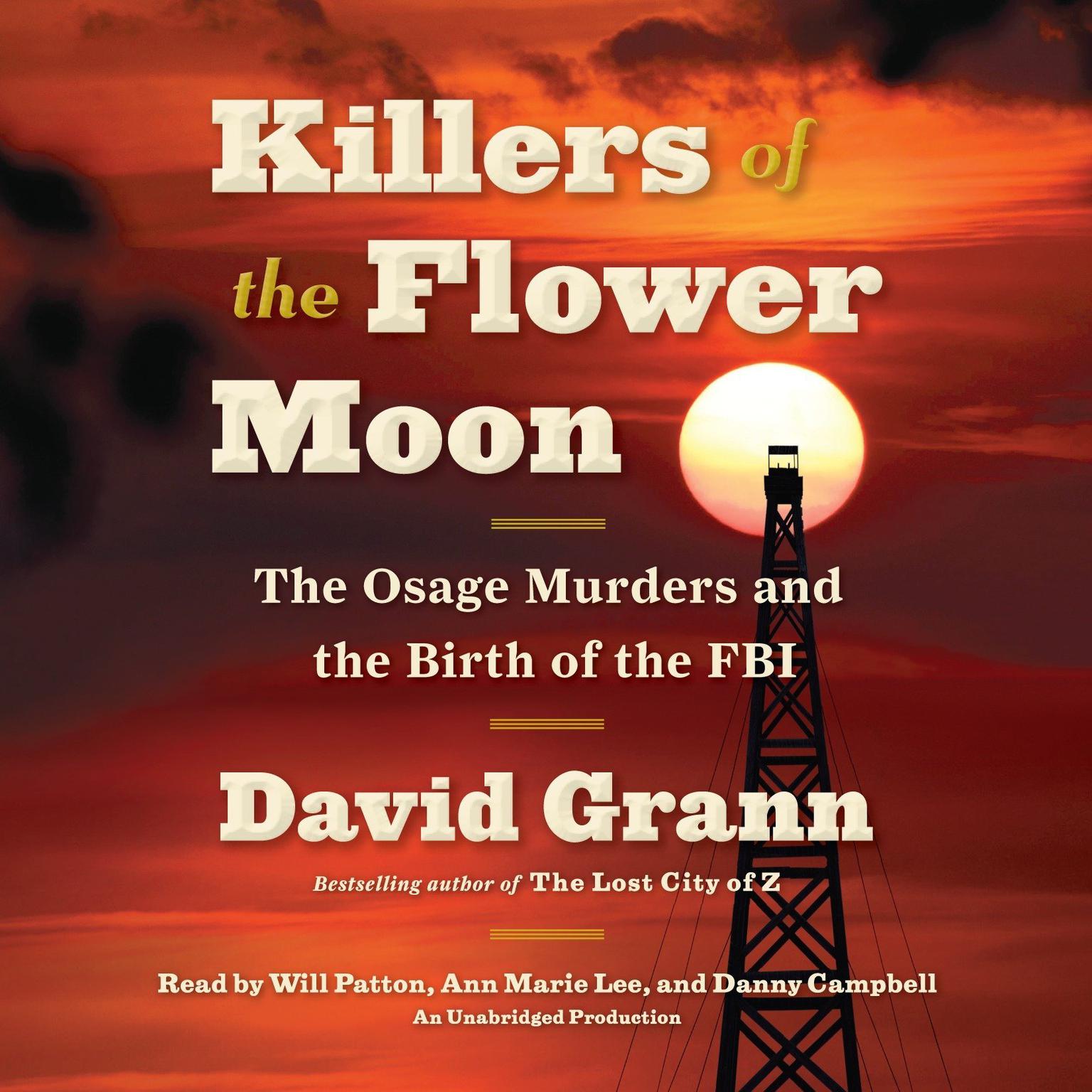Publisher Description
In May 1940, the course of history hung in the balance for five long days while Churchill’s War Cabinet debated whether to negotiate with Hitler or continue opposition. In this compelling narrative, scholar and renowned author John Lukacs draws on memoirs and papers to convey the drama of those troubled times. Prime Minister Winston Churchill, regarded by many to be hotheaded, has only been in office for a fortnight when a quarter of a million British solders become trapped by the Germans at Dunkirk. With the public ill-informed and the Cabinet divided on what action to take, Churchill fights an uphill battle to gain both political and popular support. As the events unfold hour by hour, Churchill struggles to rally the citizenry and persuade the politicians to stand fast. John Lukacs’ literary style and aelred Rosser’s compelling interpretation transport you to London to listen in on the high level talks at 10 Downing Street and observe the mood of the people in the street.
Download and start listening now!
“The well-known Phony War (Lukacs calls it the Reluctant War) followed Germany’s invasion of Poland in September 1939 and the subsequent declarations of war by Britain and France. The following May Germany ended the Phony War by invading Belgium. French, British and Belgian forces were quickly overwhelmed by the new German tank-forward, airplane-supported tactics. Belgium capitulated. The beleaguered French and British retreated to the coat where 300,000+ troops were eventually evacuated from Dunkirk. In the five May days Lukacs is concerned with, the British debated whether to continue fighting or seek the most favorable terms they could wring from Hitler. The crux of this history concerns the debate between Churchill, who’d become prime minister the day the Germans bolted through the Ardennes, Lord Halifax, the foreign secretary, and the rest of the War Cabinet. Halifax, with the British Expeditionary Force backed against the Channel and facing defeat, with Britain possibly facing a subsequent invasion by the Germans, and with France almost certainly to be overrun, encouraged seeking terms with Germany to prevent total defeat. Churchill argued against negotiations with Hitler because the British would essentially get the same terms by going ahead and fighting it out. Plus they would avoid becoming a puppet government for Hitler and would be able to save the fleet, almost certainly part of the terms. Churchill’s views prevailed. The British continued the war, Hitler was unable to gain a favorable enough military position–air superiority–for a move across the Channel, and he eventually turned his attentions to the Soviet Union, whose vast European landscape was his primary goal in the war. Lukacs’ main point is that this period in May 1940 was the most decisive of the war. Hitler came very close to winning the war at that time but eventually lost because Churchill refused to give in when the overall picture looked the bleakest. Hitler failed to win because Churchill refused to lose. Much of the book is simply recounting what the record is, those War Cabinet meetings where Churchill finally persuaded the government he was right. Lukacs also refers to diaries, letters, and personal memoirs of those days. What makes the book such a valuable read is his interpretations of those events in the brighter light of the war and the 50-year ripples affecting Europe and the world. And in his cogent thoughts on history as a whole. He says 2 of the most important elements in history are understanding and knowing. He gives weight to the distinction that understanding of a historical event or process may precede our knowing all the facts and how we can see how this works by our following the news of our day. He explains how this is important in the decisions made by the British during May 1940 and how we’re today still awash in the reverberations from those decisions made when understanding preceded knowledge. Lukacs’ ideas are convincing, especially because we can see, as he states, how Churchill’s vision encompassed and sought a future for all of Europe rather than being concerned only with Britain. Becuse Churchill refused to allow defeatism Hitler couldn’t neutralize them as an enemy and left a base for the Allies buildup and from which the counterattack would come.”
—
James (4 out of 5 stars)
